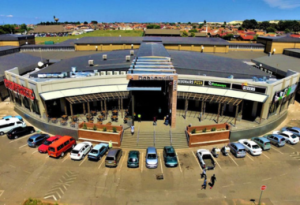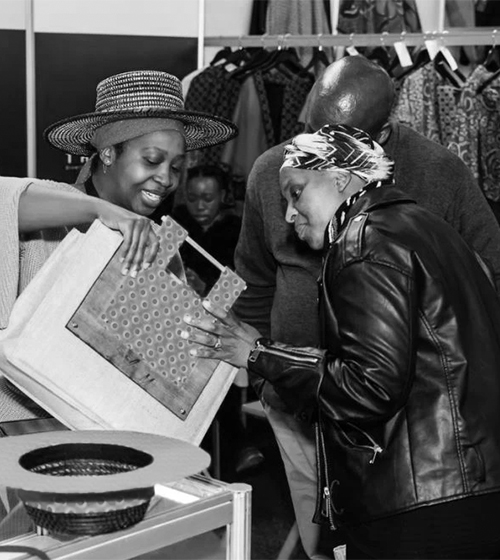
This is feedback from one of South Africa’s largest asset managers, Stanlib, who outlined this growing value of property in the informal economy in a note to clients.
Stanlib’s head of property, Nesi Chetty, and analyst Ahmed Motara said in the note that the informal economy has grown at a staggering rate over the past decade.
Informal economy expert GG Alcock estimates the value of the informal economy to be between R600 billion and R750 billion.
He explained that the informal economy mirrors the structure of a formal economy, with various formal sectors mimicked in townships and informal settlements.
Alcock said that the spaza and superette sectors – which he likened to the formal fast-moving consumer goods (FMCG) sector – dominate the informal economy.
He estimated its value to be around R180 billion, with over 100,000 spaza shops nationwide and nearly 500,000 mobile traders.
Blue chip JSE-listed companies, such as Shoprite and Tiger Brands, have begun trying to enter this market to capitalise on its rapid growth.
As participants’ incomes in the informal economy have grown, so have their aspirations and demand for higher-end products.
“There is a clear appetite among increasingly affluent consumers in township communities for formal retail within easy reach, creating a strategic growth opportunity for larger retail chains,” Chetty and Motara said.
This shift in strategy is coupled with a desire for retailers to look for growth outside of already saturated higher-income markets.
An influx of formal retail chains will create employment and offer consumers greater choices and lower prices.

Major listed players in the informal economy, like Vukile, Resilient, Fairvest, and Exemplar, are reporting impressive results from their property portfolios.
Vukile’s retail tenants in townships are experiencing a surge in activity, with a 10% rise in overall trading density and a 12% increase in grocery and food sales.
Rents in these malls remain affordable, attracting tenants and contributing to strong growth metrics across Vukile’s portfolio.
One striking indicator of rural demand for formal retail is their rural malls’ near-full occupancy (less than 1% vacancy).
These positive trends highlight the flourishing business environment in Vukile’s townships and rural areas, exemplified by successful malls like Phoenix Plaza, Gugulethu Square, Dobsonville Mall, Daveyton Shopping Centre, and Atlantis City Shopping Centre.
Resilient’s strategy of investing in major shopping centres with multiple anchors and national brands is paying off.
Key assets like Tzaneen Crossing, Circus Triangle, Mahikeng Mall, Galleria Mall, and Mams Mall are experiencing positive sales growth, with the Northern Cape leading the way at 7%.
Notably, Resilient’s largest assets, by value, are located in Limpopo. Vacancies across the portfolio remain impressively low at 1.9%, while “renewals and new leases” boast a significant 10% increase in rent, highlighting the high demand for their spaces. Compared to pre-Covid trading, this portfolio has grown by a remarkable 24%.
Fairvest owns assets such as Sebokeng Plaza, Orange Farm, Bara Precinct, Mpitshane Shopping Complex, Masingita Shopping Centre and Sibilo Shopping Centre.
The largest tenant by revenue is Shoprite Checkers, followed by Pick ‘n Pay, Boxer and Pep. The story is one of national retailers seeking more space, with vacancies at 4.3% and rising rents being achieved on lease renewals.
Exemplar, specializing in township and rural retail assets like Diepkloof Mall, Alex Mall, Maake Mall, Katale Square, and Bizana Mall, is thriving in this niche market.
As the purest listed player in this space, Exemplar’s portfolio’s performance paints a promising picture: 5% rental growth on renewals and portfolio vacancy rates remaining below 3% highlight the strong fundamentals driving future growth in township retail.
While the national chains contemplate a strategic move into lower-LSM areas, there is a universe of successful township retailers who see the opportunity to expand but are constrained by a lack of financing.
This presents a significant opportunity for South Africa’s financial services sector. Chetty and Mortara said that the banks’ hesitation to back these entrepreneurs is a major stumbling block for potential township success stories.
Courtesy of Daily Investor - full article here




